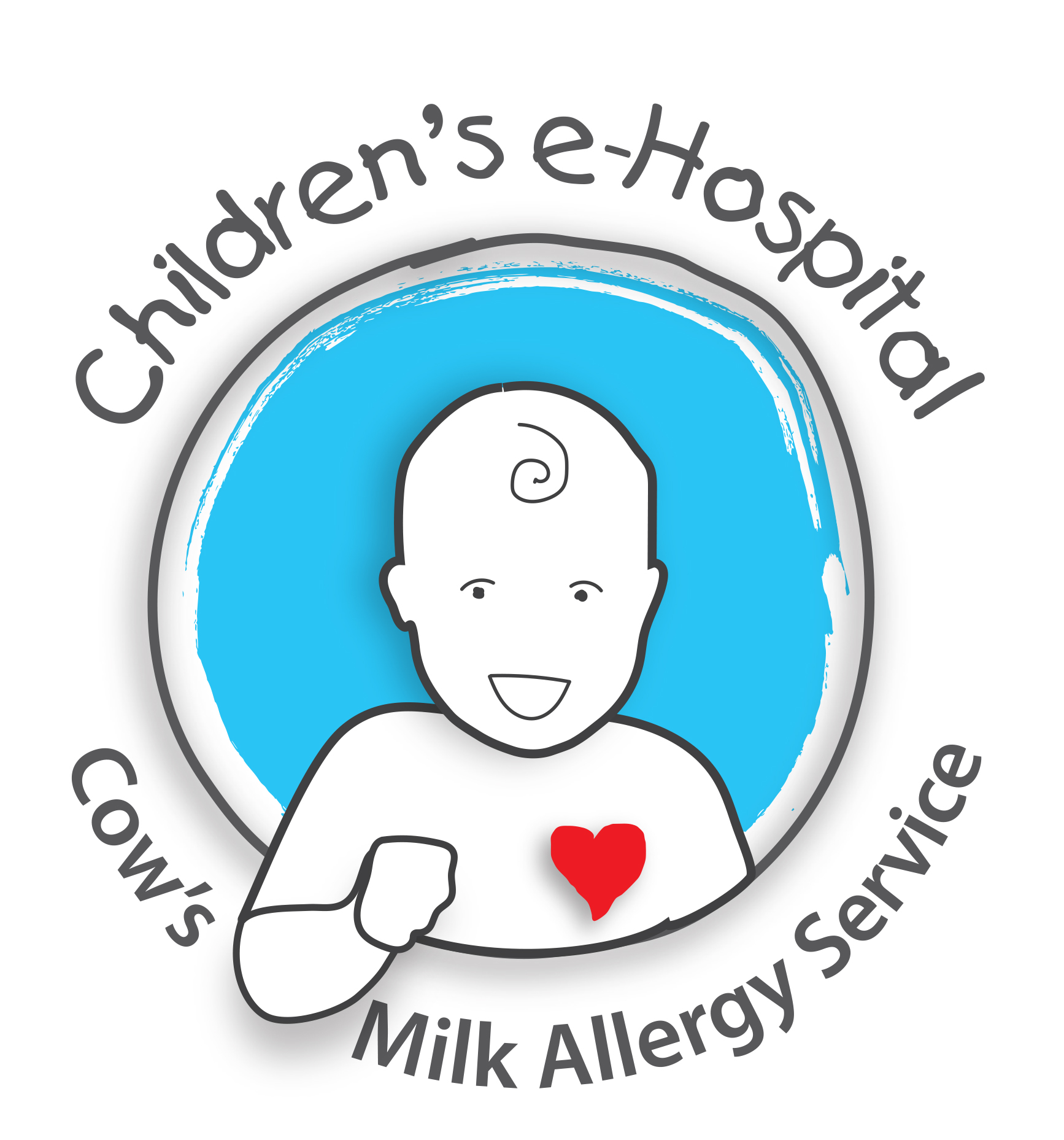Diarrhoea and Vomiting
Vomiting and diarrhoea are common symptoms in children. Usually this combination of symptoms is as a result of an infection of the stomach and intestines which we call gastroenteritis. Whilst this is a common condition in children it is important to manage it correctly (particularly ensuring adequate fluid intake) and also considering other conditions (e.g. cow’s milk protein allergy) which can also mimic the symptoms of gastroenteritis.
This article has been written by Dr Tim Ubhi, a consultant Paediatrician with over 25 years experience in Paediatrics. We hope to help you understand why diarrhoea and vomiting occur in children and what you should do to manage it.
There are several virus and bacterial infections that can cause diarrhoea and vomiting in children. These include; rota virus, noro virus and others. In most children with gastroenteritis the diarrhoea comes on suddenly and lasts for 5- 7 days. It usually goes within 2 weeks but sometimes children develop a secondary lactose intolerance which results in longer term symptoms. Vomiting usually only lasts 1-2 days.
NICE guidelines suggest the following red flags to indicate that there might be something
else apart from gastroenteritis causing vomiting and diarrhoea in a child:
- fever:
- temperature of 38°C or higher in children younger than 3 months
- temperature of 39°C or higher in children aged 3 months or older
- shortness of breath or tachypnoea
- altered conscious state
- neck stiffness
- bulging fontanelle in infants
- non-blanching rash
- blood and/or mucus in stool
- bilious (green) vomit
- severe or localised abdominal pain
- abdominal distension or rebound tenderness.
The NICE guidelines for the investigation and management of children under 5 with diarrhoea and vomiting can be found by clicking on the following link: NICE guidelines for Diarrhoea and vomiting in children under 5 years
Most children with mild symptoms can be managed at home following medical assessment and advice.
Signs of dehydration where a medical assessment would be appropriate include:
- appearing to get more unwell
- changing responsiveness (for example, irritability, lethargy)
- decreased urine output
- pale or mottled skin
- cold extremities
In these circumstances please ensure that you have your child assessed by a healthcare professional.
Once you child has been treated and recovered please ensure that you wait 48 hours from the last episode of diarrhoea or vomiting before sending them back to school or nursery.





